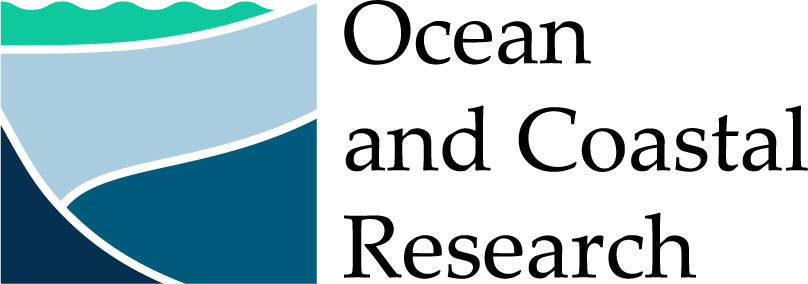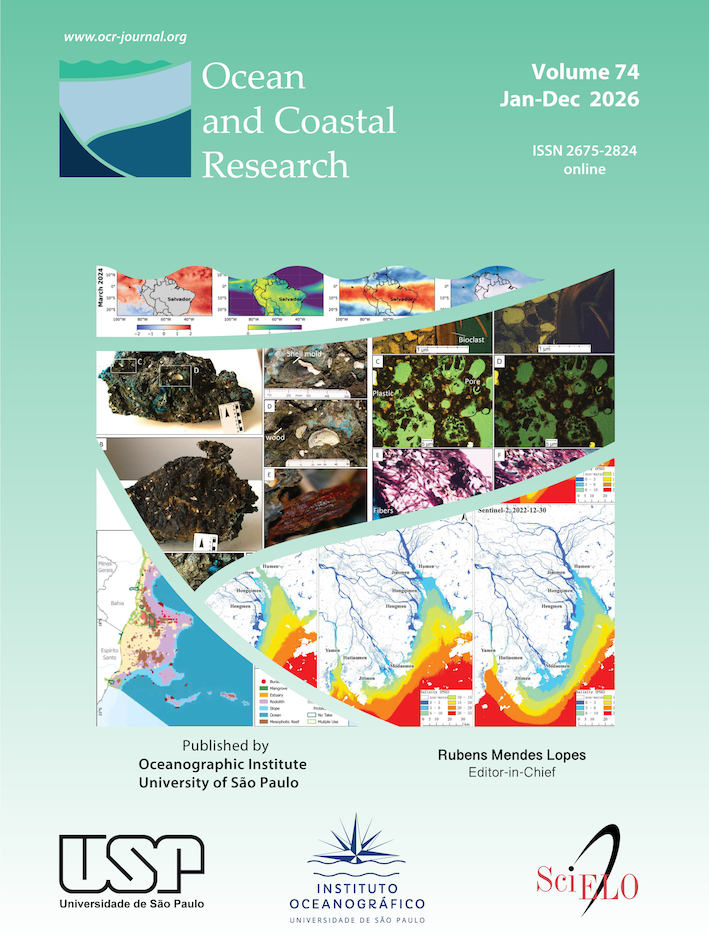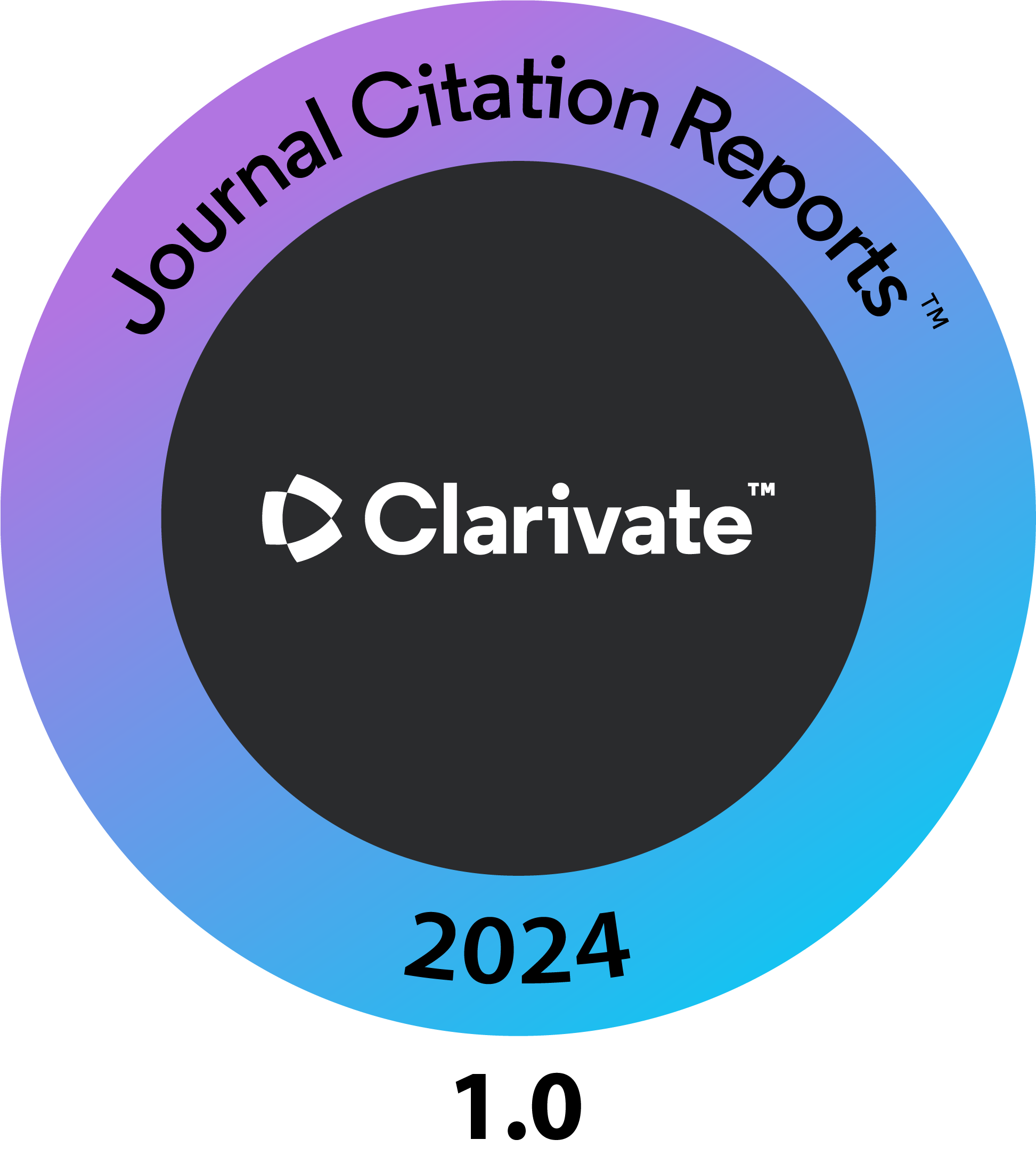
Environmental variability and hazards on the coastal and
continental shelf regions of South America and the Caribbean
Guest Editors:
 |
 |
|
|
Ronald Buss de Souza |
Ruy Kenji Papa de Kikuchi |
|
| INPE | UFBA | |
Submit your contribution via ScholarOne Portal
About this Research Topic
The South and western Tropical Atlantic oceans are known to play important roles in the seasonal and larger scales climate variability of South and Central America. At the same time, the effects of the crescent anthropogenic influence in the coastal seas and transitional environments through marine pollution and urban expansion are poorly studied, although deeply impacting coastal populations. Recent episodes of continental and coastal disasters, including large oil spill events off the coast of northeastern Brazil and in the Gulf of Mexico, for example, express the need for a better understanding of these environments and the continuous threats to marine life there. Climate variability and change also directly affect the coastal regions. In the tropics, for instance, the combined, interbasin connections between the Atlantic and the Pacific oceans during both positive (El Niño) and negative (La Niña) phases of the El Niño – Southern Oscillation (ENSO) phenomena, force remote positive or negative precipitation anomalies far beyond coastal regions in the Americas and worldwide.
In the subtropical South Atlantic, sea surface temperature anomalies (SSTA) occurring on the continental shelf have a direct impact on the fish recruitment and consequently in subsequent captures of pelagic fish, impacting the economy of fisheries communities and industry. In association with SSTA and other oceanic mesoscale phenomena, the ocean-atmosphere coupling processes are the major forcing mechanisms for surface wind and (heat, momentum, and gases) air-sea fluxes that may impact coastal regions in both South and Central America. Heat waves, atmospheric blocking, cyclogenesis of both extra-tropical and tropical (hurricanes) cyclones, and storm surges are some of the known hazards affecting the coastal regions with an origin at the sea. Most of these phenomena, at short to long time periods, impact the coastal environment through coastal erosion. At longer time scales, the known impacts of climate change affect the World Ocean through sea level rise and ocean acidification, imposing new threats to coral reefs and transitional environments such as estuaries, salt marshes, mangroves, and others. Overall, we need to have a better understanding of how all these processes occurring on the South and western Tropical Atlantic oceans at different spatial and temporal scales affect the coastal and continental shelf regions.
The objective of this special issue is to improve our understanding of the physical, biological, chemical, geological, and biogeochemical processes of the coastal regions surrounding both the South and western Tropical Atlantic oceans.
We welcome contributions on, but not limited to, the following topics:
-
- Observational, modeling and remote sensing methods applied to coastal variability;
- Marine pollution;
- Ocean-atmosphere-continent interaction processes;
- Cyclogenesis and hurricanes;
- Ocean biogeochemical cycles, acidification and deoxygenation;
- Carbon cycle at coastal and transitional environments;
- Storm surges and coastal erosion;
- Coral reef ecology and change due to marine variability;
- Fisheries change due to marine variability.
The deadline for submission of contributions to this Special Article Collection is August 31st, 2022.
To submit your contribution, please access the ScholarOne Portal
and select the special volume during the manuscript submission process.
When submitting your manuscript to a Special Article Collection,
please indicate on the cover letter to what special article collection we must allocate your contribution.








